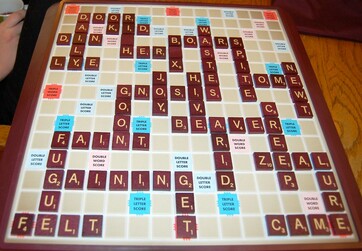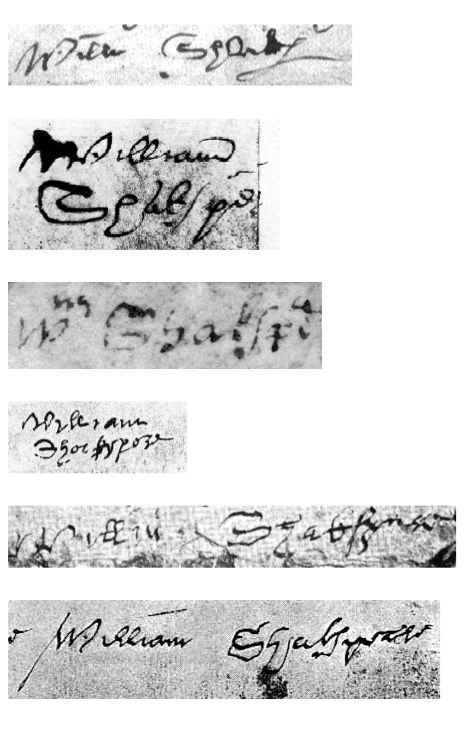A (Very) Brief History of Spelling
January 9 2021
When we think of written language, we think of spelling and grammar. It’d be kind of hard to communicate through writing if we didn’t agree on which combinations of symbols mean what, after all. And you’d be right – writing without an agreed-upon way of spelling things would make understanding one another unnecessarily difficult.
We know this for a fact because, surprising as it may be, having a standardized and enforced spelling for words is a rather new trend in the history of writing. Until the advent of the printing press there was little if any standardized spelling for anything, and even once the printing press became widespread it took a little while for anyone to even come up with the idea of having one specific way of spelling something and other ways being wrong. In English, the call for some kind of standardization came in the late 1500s, but the most comprehensive and influential proposal didn’t come out until 1755!
When we say “there was no standardized spelling” we don’t just mean “each person picked their preferred spelling”; the same text by the same author could have multiple spellings of the same word. One medieval manuscript was found to have a whopping seven different ways of spelling “chickens”:
- chekyns
- chekens
- chekynnes
- chekennes
- chykynnes
- chykyns
- chykens
And this “I spell how I want!” trend wasn’t just for texts – signatures didn’t have to match each other either. Every single signature we have of Shakespeare is spelled differently from the others (and none of them are spelled like how we spell his name now!).

In the order they appear in the picture above, the signatures are as follows:
- Willm Shakp(from the deposition for the Bellott v. Mountjoy case on 12 June 1612)
- William Shakspēr (from the purchase of a house in Blackfriars, London, dated 10 March 1613)
- Wm Shakspē (from the mortgage of the aforementioned house, dated 11 March 1613)
- William Shakspere (from his will, dated 25 March 1616)
- Willm Shakspere (also from his will)
- William Shakspeare (and again, from the same will)
If you think Shakespeare is a hard read now, imagine how much harder it would be if they printed the text with the original spelling!
By Alice Flecha (Volunteer Blogger)

